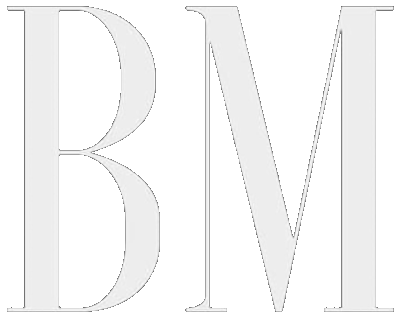Frequently Asked Questions
Question about Buying
In Toronto, there are many initiatives to assist first-time buyers: The HomeBuyer’s Program enables individuals to withdraw up to $25,000 tax-free from their RRSP to finance the purchase of a home; the Land Transfer Tax Refund for First Time Buyers provides a closing-day refund of up to $2,000 on Ontario Land Transfer Tax and up to $3,725 on Toronto Land Transfer Tax; and the First Time Home Buyer Tax Credit, which offers an up to $750 tax credit for closing-related costs for first-timers. By going here, you may read the whole program information and limits. Toronto, Ontario government programs for first-time buyers.
Unfortunately, the majority of Toronto’s home inspection companies—possibly all—limit their liability to the cost of the inspection. Therefore, even if they overlook a $10,000 issue, you will probably only be able to get back the cost of the house inspection, which is often around $500. You will be requested to sign a contract outlining the home inspector’s obligation prior to the inspection. The limitations of what they are checking will also be outlined; for instance, the majority of Toronto house inspections don’t entail searching for termites or mold, and the inspector can’t, of course, see behind walls and beneath floors.
A first-time buyer in Ontario typically needs a minimum 5% down payment to purchase a home or condominium, while banks may ask you to obtain insurance in the event that you default (i.e., fail to make your mortgage payments). Your lender will ask you to obtain insurance via a business like the Canada Mortgage and Housing Corporation if you have less than a 20% down payment. Check out our blog on Downpayment Strategies for the First Time Buyer if you’re struggling to save 5%.
Generally, you’ll need at least a 5% downpayment to buy a house in Ontario. If you have less than 20% downpayment, you’ll be required to purchase CMHC insurance (which provides protection for the lender). Lenders will also look at your income and ability to pay a mortgage, the amount of debt you owe and your credit history. If you aren’t a resident of Canada, you’ll be required to have a larger downpayment.
Many lenders require an appraisal (meaning they send in an independent appraiser to justify how much you paid for a specific property before they give you the mortgage). Fees for appraisals are in the $300-$500 range, but many banks (including RBC) will pay the appraisal fee for you.
Question about Selling
No. You can price, market, show and negotiate offers on your own home without the help of a real estate agent. Keep in mind though, that over 90% of home sellers do use a realtor and find that the expertise, saved time and higher sold prices are worth the cost of commission. Of course we’re biased!
That depends. What sorts of improvements or renovations have you done? How have prices changed in your neighbourhood in the last year? Is there demand for your type of property? Historically, it has taken home buyers 3 years to break even, after the various costs involved in buying and selling.
Some Sellers prefer not to have a ‘For Sale’ sign on their lawn. While it’s completely within your rights to request ‘no sign’, keep in mind that exposure to Buyers is critical to getting top dollar for your home. Your neighbors already love your neighborhood – why not let them know your home is for sale so they can tell their friends and family?
The Buyer pays both land transfer taxes.
If only there was one answer to this question! Historically, February, March and September have been the months with the highest sold price to asking price ratio; those months are notorious for some of the fiercest bidding wars in Toronto. December and January are historically the slowest months, but depending on the type of property you own, having fewer competing properties in slow months might be a huge benefit to you. It’s best to discuss the advantages and disadvantages of timing the listing of your home with an experienced real estate agent.
